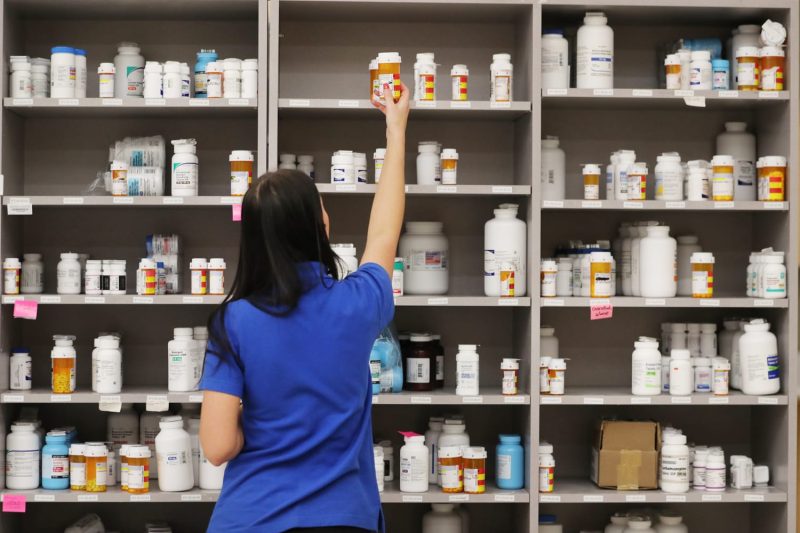The Biden administration’s recent announcement to lower costs for 64 drugs through inflation penalties on drugmakers marks a significant step towards addressing the issue of rising healthcare expenses in the United States. By implementing measures to hold pharmaceutical companies accountable for price hikes above the inflation rate, the administration aims to make essential medications more affordable for American consumers. This move comes at a critical time when access to healthcare and prescription drugs has become a pressing concern for many individuals and families across the country.
One of the key aspects of the administration’s plan is the use of inflation penalties to discourage drug manufacturers from arbitrarily increasing the prices of essential medications. By tying drug price adjustments to the inflation rate, the government seeks to limit excessive price hikes that can place a significant financial burden on patients who rely on these drugs for their health and well-being. This approach not only helps to control healthcare costs but also promotes transparency and accountability within the pharmaceutical industry.
Furthermore, the decision to target specific drugs for cost reduction reflects a targeted and strategic approach to addressing affordability issues in the healthcare sector. By focusing on a curated list of 64 medications that are widely used and particularly expensive, the administration aims to maximize the impact of its efforts and ensure that the most critical drugs are made more accessible to those in need. This targeted approach is a departure from more generalized policies and demonstrates a nuanced understanding of the complexities of the pharmaceutical market.
Moreover, the administration’s initiative to lower drug costs through inflation penalties highlights the importance of governmental intervention in regulating the healthcare sector. While the free market has long been relied upon to set prices for prescription drugs, the reality is that some companies have taken advantage of this system to inflate prices disproportionately. By introducing penalties for inflation above a predetermined threshold, the government is stepping in to protect consumers and ensure that essential medications remain affordable and accessible to all.
In conclusion, the Biden administration’s decision to lower costs for 64 drugs through inflation penalties on drugmakers represents a significant and proactive effort to address the challenges of rising healthcare expenses in the United States. By implementing targeted measures to hold pharmaceutical companies accountable for excessive price hikes, the administration is taking a concrete step towards making essential medications more affordable for American consumers. This move not only promotes transparency and accountability in the pharmaceutical industry but also underscores the government’s commitment to ensuring access to quality healthcare for all citizens.

